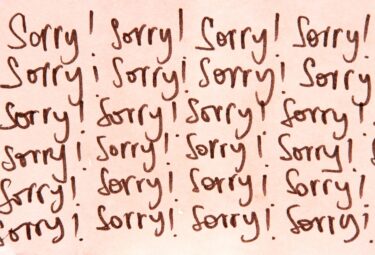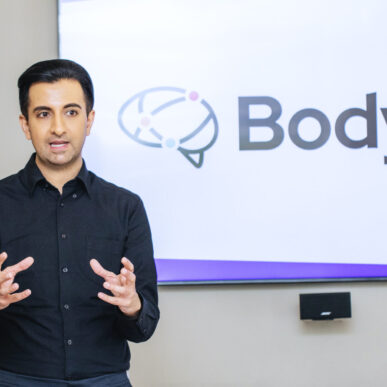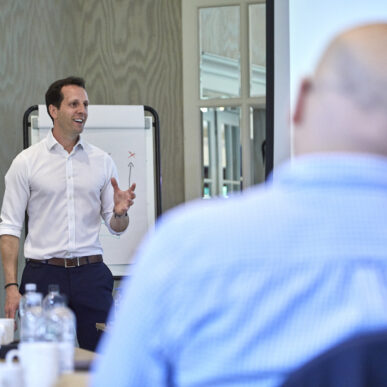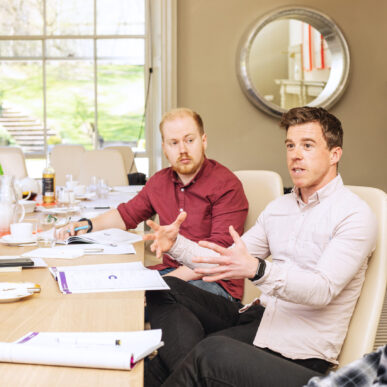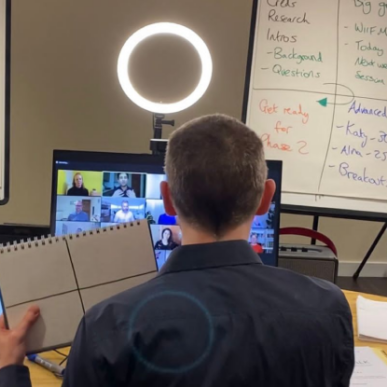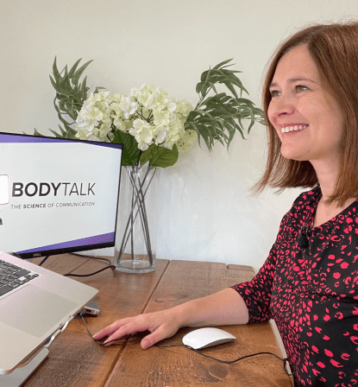“When we needlessly apologise, we end up making ourselves small and diminish what we’re trying to express”.
Stop Saying Sorry
How often do you say sorry?
Are you genuinely apologising, or are you saying it to be polite or fill a silence?
If your answers to those questions are “at least ten times every day” and “yes”, then you’re not alone. An authoritative UK survey reported the average person says “sorry” around eight times a day – and one in eight people apologise up to 20 times a day.
Apologies kill our confidence
‘How apologies kill our confidence’ is a fascinating TED talk by Canadian sociologist Maja Jovanovic. In this thought-provoking presentation, Jovanovic explains how she was enraged and heartbroken by how many of her academic colleagues, particularly women, routinely spoke in apologetic terms about themselves.
She shared an experience about a conference she attended where four women were on a panel. They were experts in their chosen fields, and between them, they had published hundreds of academic articles and dozens of books. All they had to do was introduce themselves.
The first woman took the microphone and said, “I don’t know what I could possibly add to this discussion”.
The second woman took the mic and said, “Oh my gosh, I thought they sent the email to the wrong person. I’m just so humbled to be here”.
The third and the fourth women continued in a similar vein.
Maja says, “When we needlessly apologise, we end up making ourselves small and diminish what we’re trying to express”.
She also tells the story of her research assistant, who said ‘sorry’ to the pizza delivery driver who was late with her order.
“Oh my gosh, we live in a new sub development. I’m so sorry. Did you have trouble finding this place?”
Regularly saying sorry when it’s not needed erodes our confidence leading to self-doubt and the rise of our inner-critic. Those with low self-esteem often over-apologise, as do perfectionists, because they set themselves unreasonably high standards, which they find hard to live up to.
So how can we get out of the habit of apologising when there’s no need? Try these ideas to stop saying sorry:
1 – When you’re in a meeting, you could say “I have an idea” or “can I add…?” instead of “sorry to interrupt”.
2 – Using “thank you” is a good strategy. Replace “sorry for going on” with “thank you for listening”.
3 – Instead of starting an email with ‘sorry for the delay’, type ‘thank you for giving me the time to reply’.
4 – When you need to have that important conversation with your boss, try “Is now a good time to chat?” instead of “sorry to bother you”.
5 – Acknowledge when things go wrong with conviction and confidence. “That didn’t quite work, but I know how to solve it.”
And finally, the next time you have a little dance around someone on the street or in the supermarket who’s got a bit too close, use “pardon me” or “after you” instead of “sorry”.
Of course, if it really is your bad, then a genuine apology will always be the right choice, a strength rather than a weakness. In the meantime, train your mind to park ‘sorry’ on the naughty step and empower your language.
